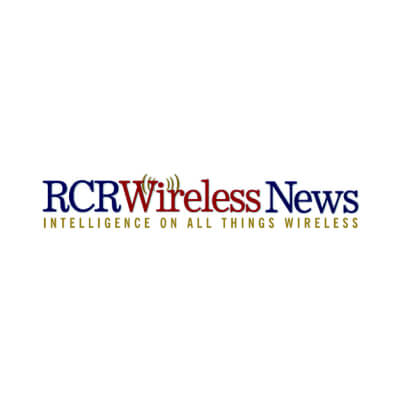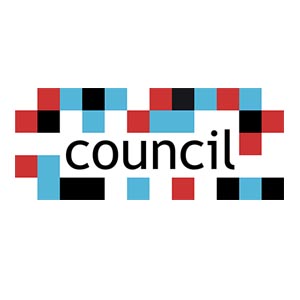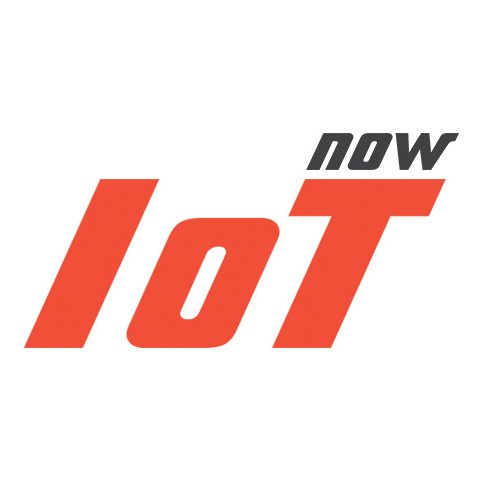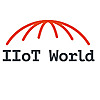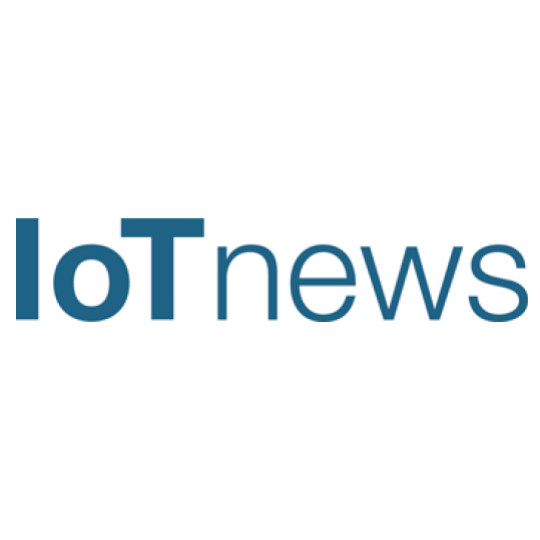Google has officially announced that their IoT Core Service (“IoT Core”) will be discontinued this summer. On August 16, 2023, access to IoT Core Device Manager APIs will no longer be available. IoT devices will be unable to connect to the Google Cloud IoT Core MQTT and HTTP bridges, and existing connections will be shut down.
Google has recommended customers take action early to migrate from IoT Core to an alternative service, leaving time for testing before deprecation.
Smooth Migration for IoT Core Users
Leverege is an ideal implementation and technology partner to quickly and successfully migrate from IoT Core. Leverege’s SaaS product, the Leverege IoT Stack, is a set of integrated software components that accelerate the development, deployment, and management of enterprise-grade IoT applications.
Leverege Connect, one of three core components of the Leverege IoT Stack, is a fully-managed replacement for IoT Core that can run as a hosted SaaS product on Leverege-supplied infrastructure or optionally it can be hosted as a managed service in the customer’s existing Google Cloud account. Leverege Connect provides the same pricing tiers, features, and performance of IoT Core, with free white-glove migration assistance to transition devices using IoT Core.
All Features in Google IoT Core, Plus More
Leverege Connect enables enterprise customers to easily and securely connect devices to the cloud, manage devices inside of registries and device groups, and route data to a pub/sub topic and the Leverege IoT Stack. Out-of-the-box, Leverege Connect includes registries and device group management, secure key pairs, authentication methods, multiple supported protocols, and no-code message routing.
Registries and Device Group Management
With Leverege Connect, customers can create registries via a rest-style API or with the Leverege Connect user interface. Once a registry is created, users can begin to register devices.
To organize devices within a registry, users can utilize device groups. Device groups allow administrators to add user permissions and assign actions to a subset of the devices in registries. A group can have many devices and a device can belong to many groups, providing flexible and effective device management. These device management features are designed for enterprises that need to manage thousands to millions of devices at scale.

Secure Key Pairs, Authentication Methods, and Multiple Supported Protocols
To verify device identity, Leverege Connect uses public key (or asymmetric) authentication. Authentication can be enforced at the device or registry level, and is configurable in the registry properties. Leverege Connect supports RSA and Elliptic Curve Algorithms. How the JWT is sent to Leverege Connect depends on the connection protocol.
These capabilities enforce authentication at the device level or registry level, providing flexibility to accelerate testing and ensure security at scale. In addition, administrators can choose to allow anonymous devices to connect to a given registry, meaning that no authentication is enforced. This can be helpful during development and testing.
Leverege Connect fully supports MQTT and HTTP transport and support for other transfer protocols such as UDP and CoAP are on the product roadmap.
No-Code Message Routing
Actions built into Leverege Connect allow users to decide where different types of messages get routed. Actions allow you to route messages to different places based on logic that you can define, like which Pub/Sub topic to route your data to. Users can create multiple actions for each registry or device group for fine-tuned control over device data flow. Supported Action triggers include:
- Telemetry Events Reported by Device
- State Changes Reported by Device
- Config Settings Sent to Device
In addition to Actions, Secrets provide a secure way to store sensitive information that the system needs to reference in Leverege Connect integrations. Service accounts for Pub/Sub are one example. Adding a secret to Leverege Connect assigns an ID to the secret and makes it available to reference in your Actions.
Much More Than a Google IoT Core Replacement
For large enterprises, effectively and securely managing devices at scale requires more than just device authentication and data ingestion via MQTT. Enterprises need support for multiple protocols and messaging schemes plus the ability to manage firmware updates, configure devices, bulk provision devices, and set device alerts using a single portal to free your development resources.
In addition to migrating from IoT Core to Leverege Connect, customers can employ the Leverege IoT Stack, which includes all features and components required to build enterprise-grade applications.
Additional technical details can be found by referring to Leverege Connect documentation.
Customers migrating from Google IoT Core can contact Leverege regarding Leverege Connect and white-glove migration service at google-iot@leverege.com.




 Contact Company
Contact Company
 More Articles
More Articles

